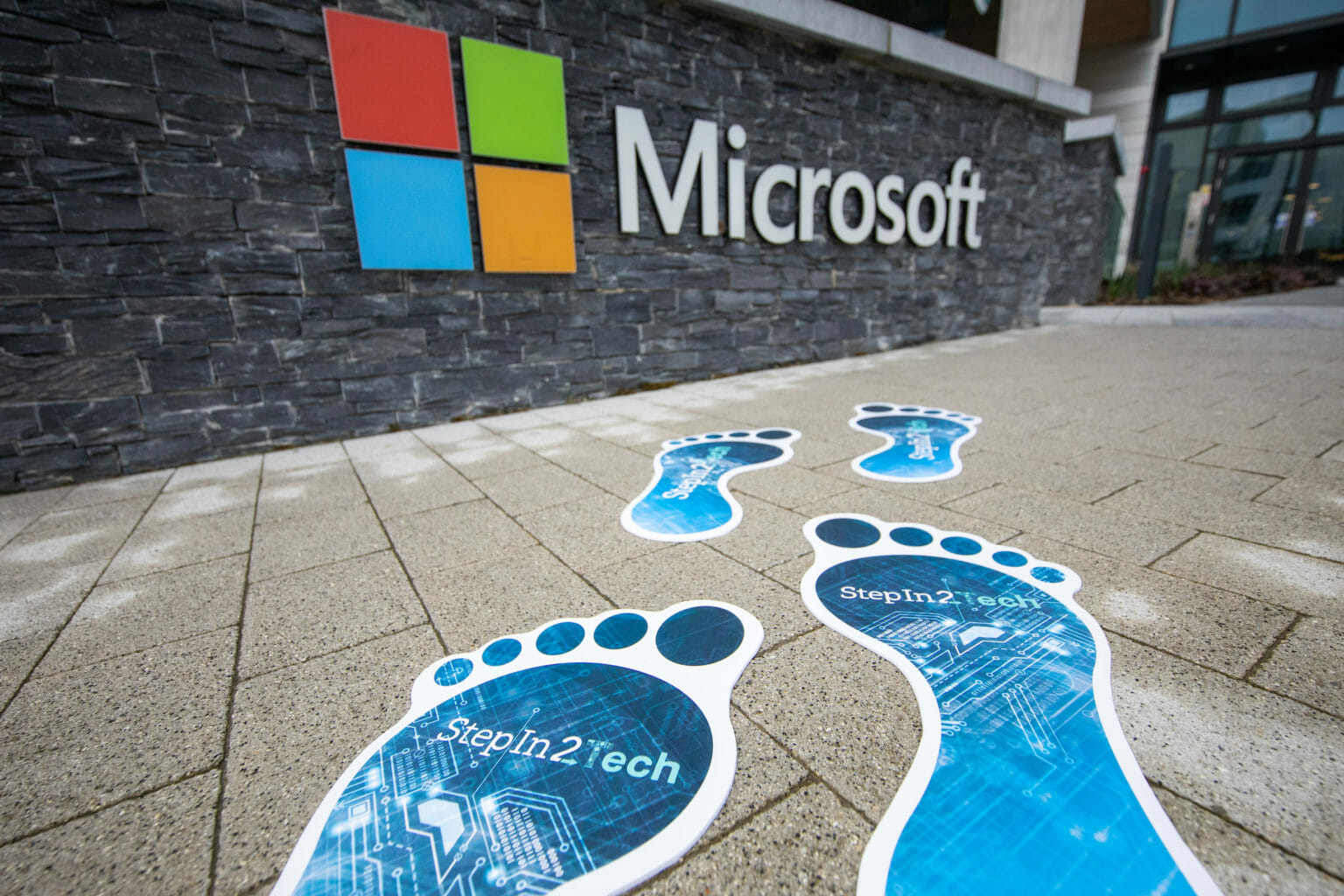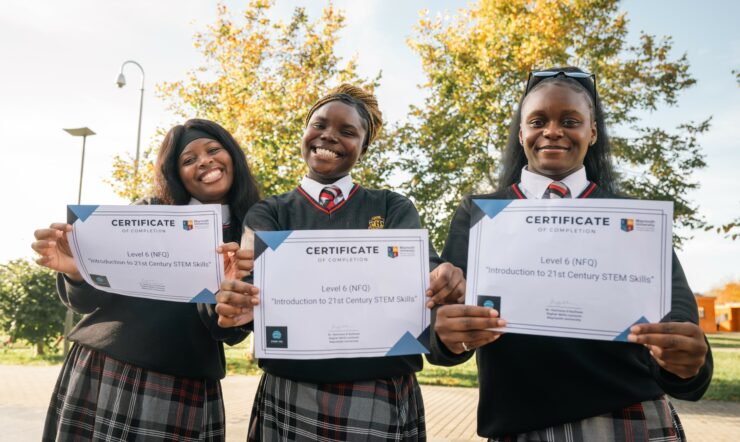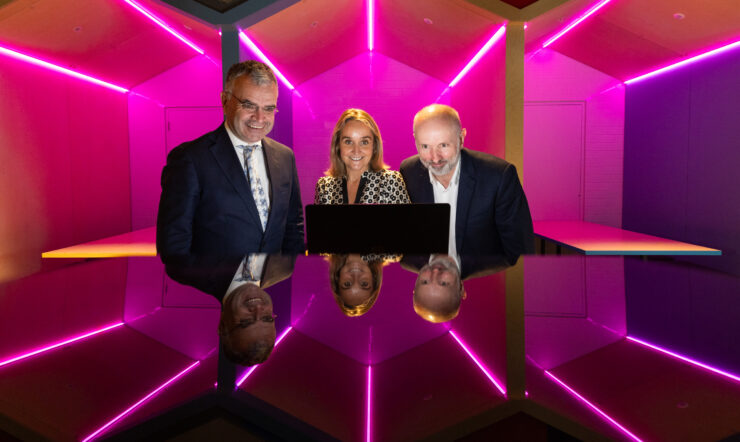Microsoft announces new training programme equipping 10,000 people with the digital skills required to gain in-demand roles within the digital economy
Over the past two months, we have all had to face renewed measures to limit the spread of the coronavirus. From staying at home and limiting our movements to engaging once again in remote learning, people of all ages have had to adapt.
We continue to confront these challenges while COVID-19 has an ever increasing social and economic impact. Unemployment has risen as hundreds of thousands of people have been displaced from their jobs. Young people and those working in the hospitality, retail and tourism sectors have experienced a disproportionate number of job losses – some temporarily and others permanently.
Yet, at the same time, we are also witnessing an extraordinary change in the way we work and do business as digital transformation gathers pace. In using technology to respond to lockdowns and restrictions, new job opportunities with new skillsets are emerging in areas such as cloud services, engineering, and digital sales.

As an industry, we have a responsibility to bridge this employment gap and help those most impacted by the pandemic to take their first step into a world increasingly shaped by technology.
That’s why Microsoft Ireland was today joined by Minister Harris to launch StepIn2Tech, a training programme that aims to equip 10,000 people with the digital skills that match the in-demand jobs of today and tomorrow.
Developed in response to the COVID-19 pandemic and in partnership with Fastrack to IT, StepIn2Tech is designed to support anyone who is interested in growing their digital skills. It’s particularly focused on supporting those who have lost their jobs as a result of the pandemic and are now looking to reset their plans by pursuing new career opportunities in the digital economy. It will also support people who have either recently left school or college or are mid-career in an industry that is digitally transforming.
I know that many people may not have previously considered a role in technology. The StepIn2Tech courses are designed to show people that technology is now part of almost every job irrespective of sector – and having even basic digital skills opens up a world of opportunity.
StepIn2Tech complements the reskilling initiatives of the new Department of Further and Higher Education, Research, Innovation and Science as it aims to bridge a growing skills gap within the Irish economy by providing online skills training and insights into new career pathways, as well as one-to-one advice and mentoring from Fastrack to IT’s Digi-Chaperones, and guidance and support from Microsoft employees on career and soft skills development.
This new initiative is the latest in a number of learning pathways that Microsoft Ireland has developed as part of our ‘Pathways for Life’ education and training programme, which empowers learners – irrespective of their age, background or experience – to participate fully in Ireland’s digital economy through the development of their digital skills.
Through an initial investment of €5 million in DreamSpace in 2018, we have been able to engage more than 60,000 young people in science, technology, engineering and maths (STEM) while also challenging them with computational thinking, creativity and problem-solving skills that they will need in their future careers.

From our DreamSpace experience for young people through to PhD courses, we are committed to investing in digital skills and training programmes so that we can address the emerging educational and training needs.
Getting people back to work and fully engaged in our digital economy and society is central to building an inclusive and sustainable recovery. A recovery where every person and organisation has a role to play in reimagining Ireland’s future.








